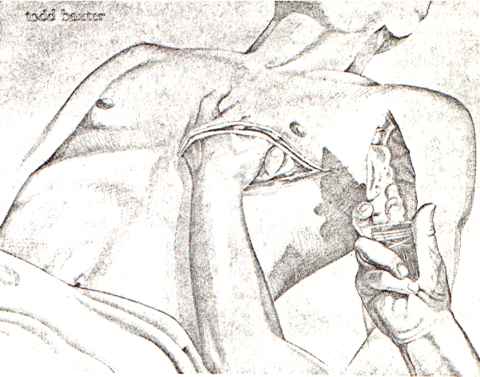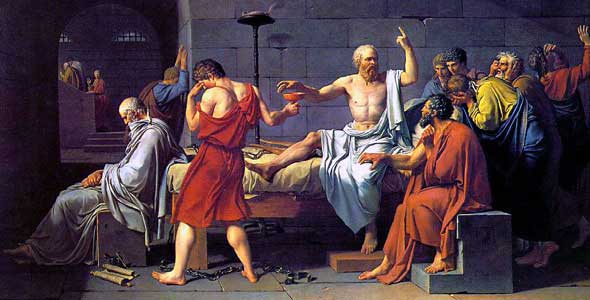November 17, 2004
Moderation, Levity, and Writer's Workshops
In nuclear engineering, a moderator is a medium that reduces the velocity of fast neutrons, thereby turning them into thermal neutrons capable of sustaining a chain reaction.
--The Free Dictionary
I couldn't have described the moderator's role better myself.
Danny Dig and I recently moderated a writer's workshop for a set of patterns written for Ralph Johnson's graduate software engineering course. We opened the workshop with the quip above.
Levity is, of course, an end in itself. But moreover, it serves several additional functions. It relaxed the authors, in this case, first timers all, and, more importantly helped to melt down any "stature gaps" that may exist among participants. Its very introduction sets a more informal tone, and offers the expectation that any attempts at posturing and pretense will be similarly dealt with.
Whether you are a student whose advisor wrote the book on patterns, an academic shopping his or her work before the best-known luminaries in his field, or a domain expert trotting out his or her first serious attempt at writing since high school, a writers workshop can be a genuinely intimidating experience.
A certain degree of irreverence is a great equalizer. I shudder to think of the alternative.
I'm mentioning this because disciples of Richard Gabriel's more aggressive, more didadic writer's workshop moderation style have made his approach all-the-rage on the patterns circuit of late.
Gabriel often turns the usually perfunctory pattern summary section of his writer's workshops into a quest for "the heart of the pattern". I can tell when a moderator has been drinking Gabriel's Socratic hemlock when he or she begins by demanding that I rip the pattern's beating heart from its chest and hold it high above the altar for all to see. Dick, by dint of meticulous preparation, experience, and raw animal magnetism can pull off the high priest pose; I'm not sure it's the best persona for most of the rest of us.

I've seen a variety of workshop moderation styles work. In a workshop where everyone is prepared, the moderator need do little more than direct traffic, the didactic functions being spread among elders and well-prepared rookies alike. Thoughtful color commentary is easier to come up with when you aren't calling the game.
It's possible to "teach" from any chair in the room, not just the moderators, moreover, not all of us ought to presume to be in the education business.
I like what Ralph has said about Dick's example having given us all license to do it our OWN ways. That's the example we should be emulating. We can't all Be Like Dick, though surely we can learn from him, but most of us could still do a better job of being ourselves.
There are a lot of ways to run a workshop that work. Moderation in all things is a virtue...
--BF, ...humor included. (drawn from a mailto:members@hillside.net submission...)
Posted by foote at November 17, 2004 08:28 PM